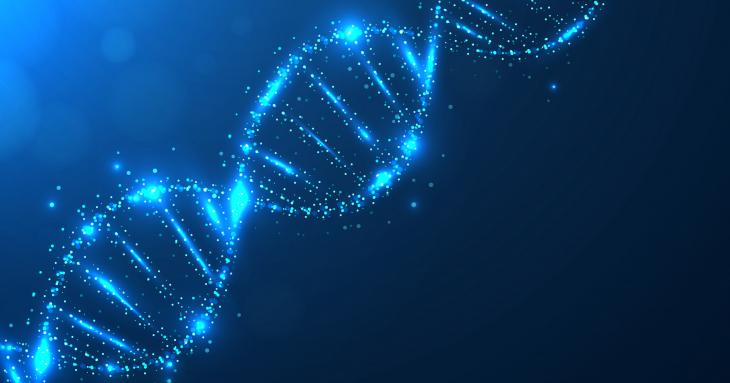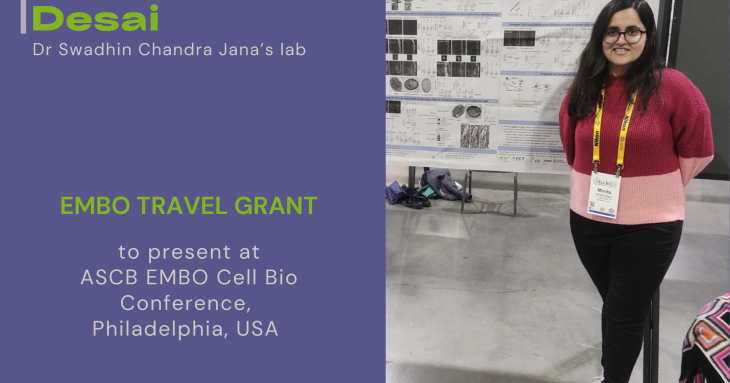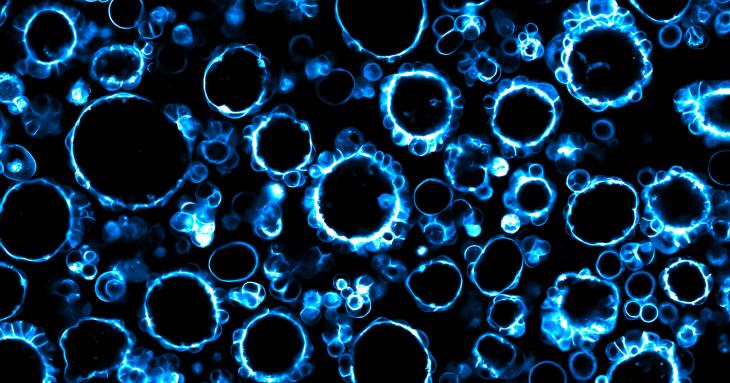-
When worms go with the flow of physics
Worms may look simple, but the way they move through the world is anything but.
-
Sometimes, do nothing - genes respond better when they wait
When a cell receives a signal (like a hormone), it needs to turn specific genes on quickly and precisely.
-
Minita Desai wins EMBO Travel Grant to attend ASCB CellBio Conference
Minita Desai, graduate student from Dr Swadhin Chandra Jana's lab at the National Centre for Biological Sciences, Bengaluru was awarded the EMBO Travel Grant to attend and present poster at the American Society for Cell biology (ASCB) EMBO Cell Bio Conference 2025, held in Philadelphia, USA
-
How chemistry controls cancer cell clusters
Cancer cells are often imagined as rogue agents growing uncontrollably.
-
New Indian Express: NCBS researchers find shape shifting protein inside cells
NCBS researchers find shape shifting protein inside cells
-
NewsBytes: Indian scientists create AI to predict tricky protein interactions
NewsBytes: Indian scientists create AI to predict tricky protein interactions
-
The Hindu: Researchers develop AI tool to predict how shapeshifting proteins connect inside cells
The Hindu: Researchers develop AI tool to predict how shapeshifting proteins connect inside cells
-
Down to Earth: Bangalore lab develops AI tool to map elusive protein interactions, opening doors for disease research
Down to Earth: Bangalore lab develops AI tool to map elusive protein interactions, opening doors for disease research
-
Dr Anjana Badrinarayanan elected as a Fellow of Indian Academy of Sciences
Dr Anjana Badrinarayanan, Associate Professor at the National Centre for Biological Sciences, Bengaluru has been elected as a Fellow of the Indian Academy of Sciences.
Official Announcement: https://www.ias.ac.in/application/Fellows_2025.pdf
















